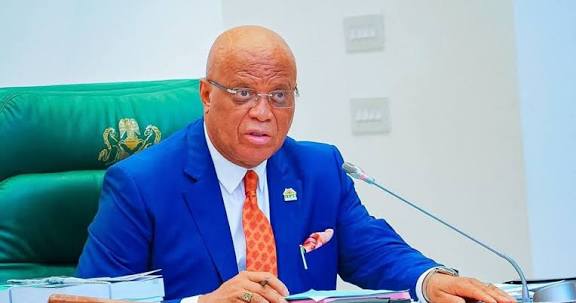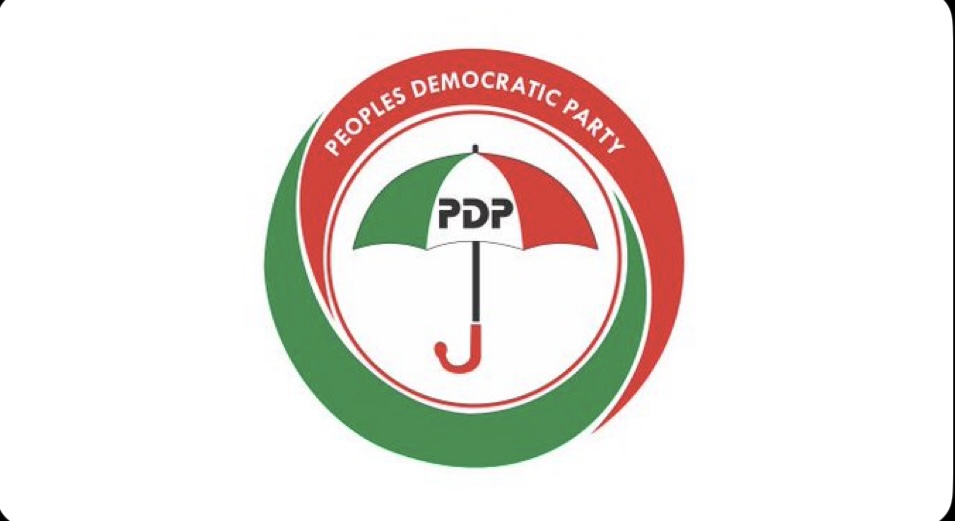FG Drops Compulsory Mathematics for Arts/Humanities Tertiary Admissions

In a significant policy shift aimed at widening access to higher education, the Federal Government has declared that Mathematics is no longer a mandatory prerequisite for students seeking entry into Arts and Humanities programs at Nigerian tertiary institutions.
The Federal Ministry of Education officially unveiled the new directive on Tuesday, immediately affecting admission criteria for universities, polytechnics, colleges of education, and Innovation Enterprise Institutions nationwide.
The updated guidelines are intended to address and remove what the Ministry has termed “unnecessary barriers,” while simultaneously ensuring that academic standards are fully maintained. According to a formal statement endorsed by the Ministry’s spokesperson, Folasade Boriowo, the comprehensive review is encapsulated within the Revised National Guidelines for Entry Requirements into Nigerian Tertiary Institutions.
Under the revised framework, candidates applying for Arts and Humanities courses will now only be obligated to secure credit passes in the relevant, specific subjects required for their chosen field of study. English Language remains a non-negotiable, essential requirement for these programs.
Conversely, the mandatory status of Mathematics is firmly retained for students applying to disciplines within the Science, Technology, and Social Science faculties, underscoring its foundational importance in those areas.
At the polytechnic National Diploma (ND) level, candidates pursuing non-science courses must possess a minimum of four credit passes, which must include English Language.
Those opting for science-based polytechnic courses are required to include Mathematics among their four minimum credits. However, both Mathematics and English remain compulsory for all candidates seeking admission into the Higher National Diploma (HND) level.
Similarly, for Colleges of Education, the guidelines specify that English Language is a mandatory pass for admission into Arts and Social Science courses, while Mathematics must be presented by candidates seeking placement in Science, Vocational, and Technical programs.
The announcement has elicited mixed reactions from educational stakeholders. Proponents of the policy argue that it is a progressive step toward meritocracy, allowing students whose strengths lie in linguistic, creative, and historical studies to pursue their passions without being disqualified by a subject often irrelevant to their chosen career path. However, critics, including some professors of education and economic analysts, have voiced concerns that the removal of Mathematics, even for Arts, could inadvertently lower the general intellectual rigor of graduates and potentially impact their analytical reasoning skills, which are crucial for success in a rapidly evolving global economy. The Ministry is yet to provide a detailed explanation of the research or consultation process that informed this definitive policy change.









